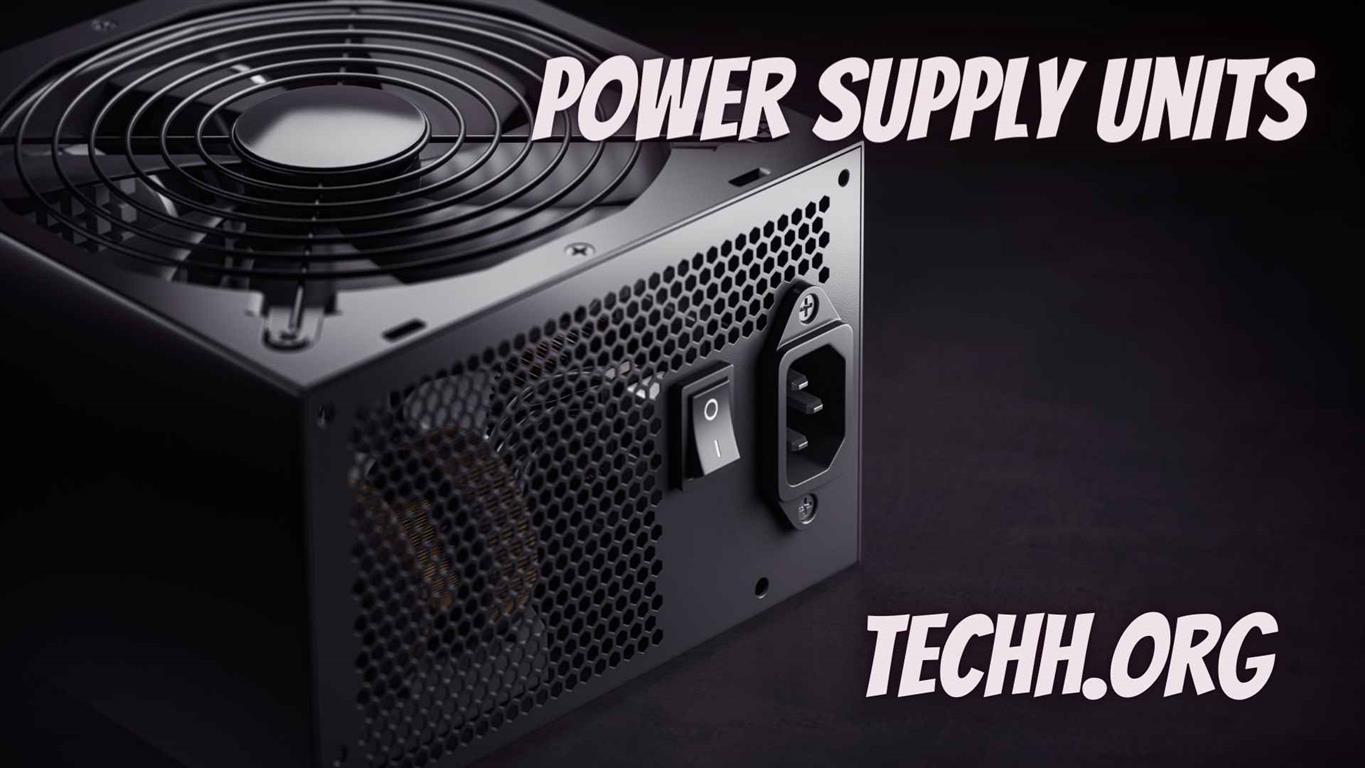Introduction Power Supply Units
Power Supply Units, commonly known as PSUs, are the unsung heroes of the electronic world. These unassuming devices play a vital role in ensuring the smooth operation of our electronic gadgets and equipment. From our humble desktop computers to the most advanced industrial machines, PSUs form the cornerstone of reliable and consistent power delivery. In this comprehensive article, we will delve into the world of Power Supply Units, exploring their types, functions, features, and importance across various domains.
The Essence of Power Supply Units
At its core, a Power Supply Unit is a device responsible for converting incoming electrical power into a form that is suitable for the operation of electronic equipment. While this might seem like a straightforward task, the complexity and precision involved in this conversion process are remarkable.
Key Functions of Power Supply Units
Voltage Conversion:
One of the primary functions of a PSU is voltage conversion. In many regions, electrical power is delivered as alternating current (AC), typically at higher voltages. However, most electronic devices, such as computers, operate on direct current (DC) at much lower voltages. The PSU’s first task is to convert the incoming AC power into the required DC voltage.
Voltage Regulation:
Besides conversion, PSUs often include voltage regulation mechanisms. These ensure that the output voltage remains stable even when the input voltage fluctuates. Stable voltage is critical for the proper functioning of sensitive electronic components.
Current Regulation:
In addition to voltage, PSUs regulate the current supplied to the connected components. This ensures that the electronic circuits receive the necessary current without overloading them.
Types of Power Supply Units
Power Supply Units come in various types, each designed for specific applications and requirements. Some common types include:
Linear Power Supply Units:
These are known for their simplicity and reliability. Linear PSUs use a transformer to step down the voltage and regulate it using linear regulators. They are often used in audio equipment and scientific instruments.
Switching Power Supplies:
Switching PSUs are more efficient and lightweight than linear counterparts. They use high-frequency switching to regulate the output voltage and are commonly found in computers, televisions, and electronic gadgets.
Uninterruptible Power Supplies (UPS):
While primarily known for their backup power capabilities, UPS units also include power conditioning and voltage regulation features. They are crucial for ensuring uninterruptible power supply to critical equipment during outages.
Modular Power Supplies:
These PSUs allow users to customize the cabling and connectors, making them suitable for gaming PCs and enthusiast setups.
Importance Across Industries
The significance of Power Supply Units extends across various industries and applications:
Information Technology:
In the world of IT, reliable power is paramount. Data centers, servers, and network equipment depend on redundant and high-quality PSUs to minimize downtime.
Healthcare:
Medical devices and equipment rely on PSUs for consistent and precise power delivery. Any disruption in power can have life-threatening consequences.
Industrial Automation:
Manufacturing and industrial automation systems use industrial-grade PSUs to ensure the reliability and safety of critical processes.
Consumer Electronics:
From smartphones to televisions, consumer electronics benefit from efficient and compact PSUs that meet stringent power requirements.
Choosing the Right Power Supply Units
Selecting the appropriate Hardware Power Supply Unit is crucial to the performance and longevity of electronic equipment. Several factors must be considered:
Wattage:
Determine the power requirements of the connected components and choose a PSU with adequate wattage. An insufficient PSU can lead to instability or even damage.
Efficiency:
Look for PSUs with high efficiency ratings, often labeled as 80 PLUS certifications. More efficient PSUs waste less energy as heat during the conversion process.
Connectors:
Modern PSUs offer a variety of connectors for different devices.
Modularity:
Modular PSUs allow for customization of cables, reducing clutter and improving airflow in the system.
Conclusion Power Supply Units
Power Supply Units are the unsung heroes that quietly ensure the seamless operation of our electronic devices. They are the bridge between the grid’s fluctuating power and the stable, clean power needed by our gadgets. Whether you’re a computer enthusiast building a gaming rig or an industrial engineer overseeing critical processes, the importance of selecting the right PSU cannot be overstated. These unassuming devices are at the heart of our modern world, silently powering our lives with precision and reliability.





